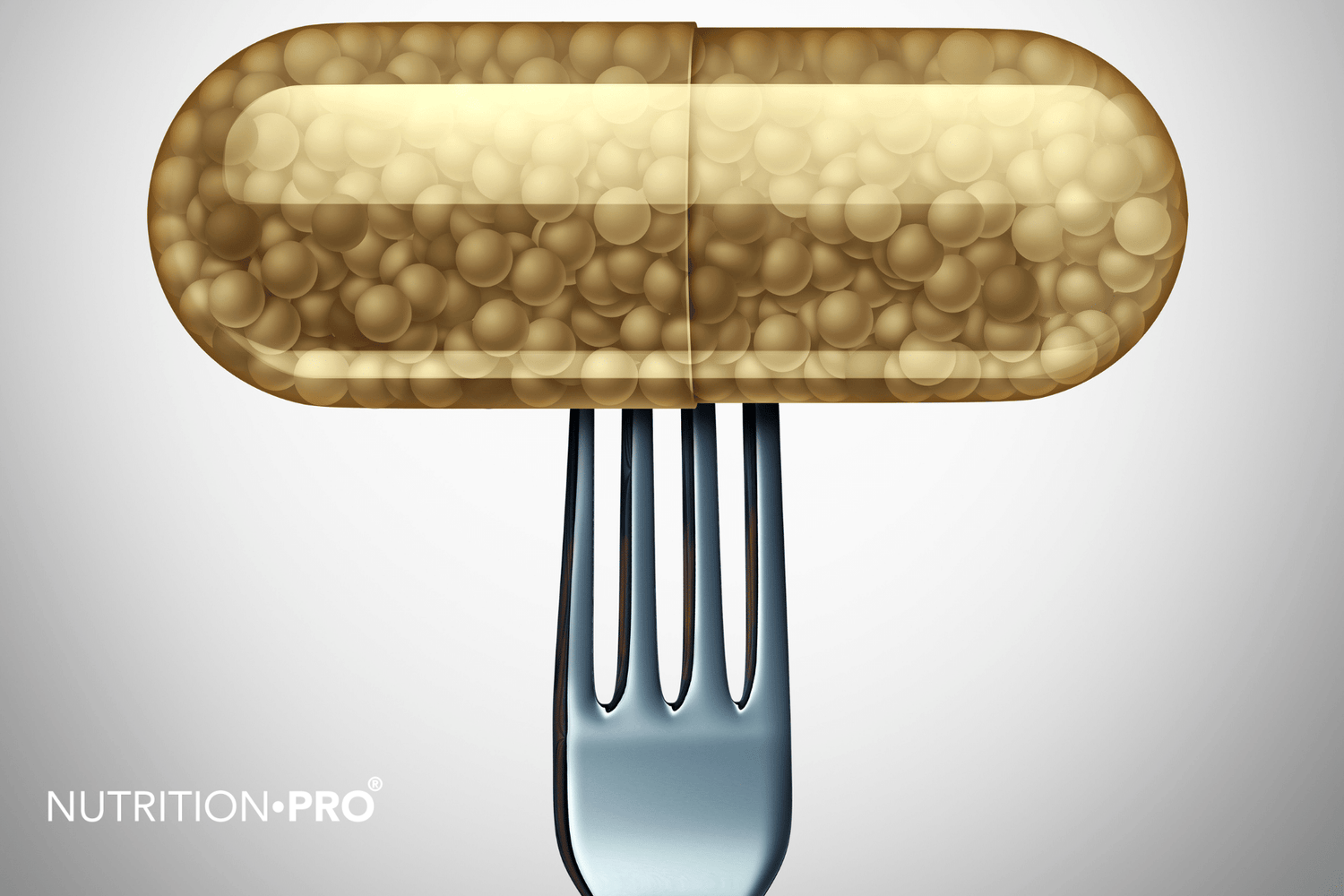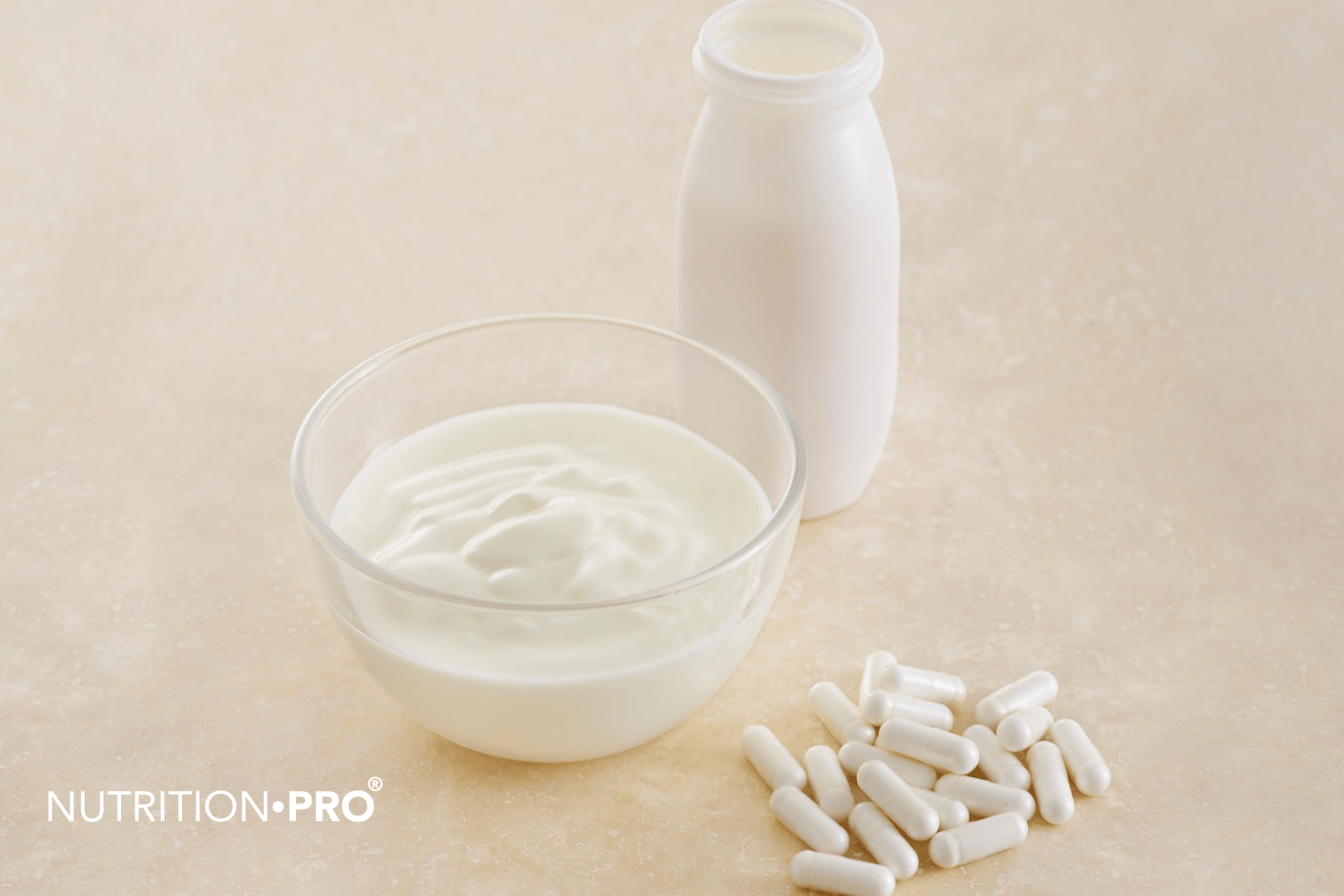The bacteria in your body are 10 times more numerous than the cells in your body. Most of these bacteria reside in your gut.
Most of these bacteria reside in your gut and the majority are completely harmless.
Having the right gut bacteria is even linked to many health benefits, including weight loss , better digestion , improved immune function , healthier skin , and reduced risk of many diseases .
Probiotics , which are a certain type of friendly bacteria, provide health benefits when consumed.
They are often taken as supplements that are believed to colonize your gut with health-enhancing microorganisms.
This article examines the health benefits of probiotics.
What are probiotics?
Probiotics are live microorganisms that, when ingested, provide many health benefits .
These are usually bacteria, but some types of yeast can also function as probiotics .
You can get probiotics from supplements, as well as from foods prepared by bacterial fermentation.
Probiotic foods include plain yogurt, kefir, sauerkraut, tempeh, and kimchi. Probiotics not must not be confused with prebiotics, which are dietary fibers that help feed the good bacteria already present in your gut .
Dozens of different probiotic bacteria provide health benefits.
The most common groups are Lactobacillus and the bifidobacterium . Each group includes different species, and each species has many strains.
Interestingly, different probiotics treat different health issues. Therefore, choosing the right type(s) of probiotics is essential.
Some supplements - known as broad-spectrum probiotics or multi-probiotics - combine different species in the same product.
Importance of probiotics for your gut
The complex community of microorganisms in your gut is called the gut flora or microbiota .
In fact, your gut contains hundreds of different types of microorganisms – up to 1000, by some estimates.
This includes bacteria, yeasts and viruses - with bacteria making up the vast majority.
Most gut flora is found in your colon, or large intestine, which is the last part of your digestive tract.
Surprisingly, the metabolic activities of your intestinal flora resemble those of an organ. For this reason, some scientists call the intestinal flora “the forgotten organ” .
Your gut flora performs many important health functions. It makes vitamins, including vitamin K and some of the B vitamins .
It also transforms the fibers into short chain fats like butyrate, propionate, and acetate, which nourish your gut wall and perform many metabolic functions .
These fats also boost your immune system and strengthen your gut wall. This can help prevent unwanted substances from entering your body and causing an immune response .
However, not all organisms in your gut are friendly.
Your intestinal flora is very sensitive to your diet and studies show that a unbalanced intestinal flora is linked to many diseases .
These diseases include obesity, type 2 diabetes, metabolic syndrome, heart disease, colorectal cancer, Alzheimer's disease, and depression .
Probiotics — and prebiotic fiber — can help correct this balance, ensuring your “forgotten organ” is functioning optimally .
Impact of probiotics on digestive health
Probiotics are widely researched for their effects on digestive health .
Strong evidence suggests that probiotic supplements can help cure antibiotic-associated diarrhea .
When people take antibiotics, especially for long periods, they often experience diarrhea - even long after the infection has cleared up.
This is because antibiotics kill many natural bacteria in your gut, which changes the gut balance and allows harmful bacteria to grow.
Probiotics also fight irritable bowel syndrome (IBS), a common digestive disorder, reducing gas, bloating , constipation, diarrhea and other symptoms .
Some studies also note benefits against inflammatory bowel diseases, such as Crohn's disease and ulcerative colitis .
In addition, probiotics can fight Helicobacter pylori infections , which are a major contributor to stomach ulcers and cancer .
If you currently have digestive problems you just can't overcome, a probiotic supplement may be something to consider - although you should consider consulting your doctor first.
Impact of probiotics on weight loss
Obese people have different gut bacteria than lean people .
Interestingly, animal studies indicate that fecal transplants from lean animals can cause obese animals to lose weight .
Therefore, many scientists believe that your gut bacteria are important in determining body weight .
Although more research is needed, some probiotic strains appear to promote weight loss .
In a study of 210 people with central obesity, characterized by an excess of fat abdominal, the socket daily probiotic Lactobacillus gasseri a resulted in 8.5% fat loss abdominal over 12 weeks .
When participants stopped taking the probiotic , they regained belly fat within four weeks.
The evidence also suggests that Lactobacillus rhamnosus and Bifidobacterium lactis may aid in weight loss and obesity prevention – although this needs more research .
Other Health Benefits of Probiotics
The probiotics present many other benefits . They affect:
- Inflammation: The Probiotics reduce systemic inflammation , one of the main drivers of many diseases .
- Depression and anxiety: it has been demonstrated that the probiotic strains Lactobacillus helveticus and Bifidobacterium longum reduce symptoms of anxiety and depression in people with clinical depression .
- Blood cholesterol: It Several probiotics have been shown to lower levels of cholesterol Total and “bad” LDL .
- Blood pressure: The Probiotics may also cause modest reductions in blood pressure .
- Immune function: Several strains of probiotics can improve immune function, which can lead to a reduced risk of infections, including the common cold .
- Skin health: There is evidence that probiotics may be helpful for acne, rosacea, and eczema, as well as other skin disorders .
This is only a small portion of the total benefits of probiotics , as ongoing studies indicate a wide range of health effects.
Safety and Side Effects
Probiotics are generally well tolerated and considered safe for most people.
However, for the first few days, you may experience digestive-related side effects, such as gas and mild abdominal discomfort .
Once you've adjusted, your digestion should start to improve.
In people with weakened immune systems, including those with HIV, AIDS, and several other conditions, probiotics can lead to dangerous infections .
If you have a medical condition, consult your doctor before taking any probiotic supplement
To remember
Maintain a healthy gut does not boil down not just taking a probiotic supplement.
Daily diet and exercise are just as important because many lifestyle factors impact your gut bacteria.
However, probiotic supplements offer a wide range of benefits with few side effects – so if you want to improve your gut health, they might be worth trying.















